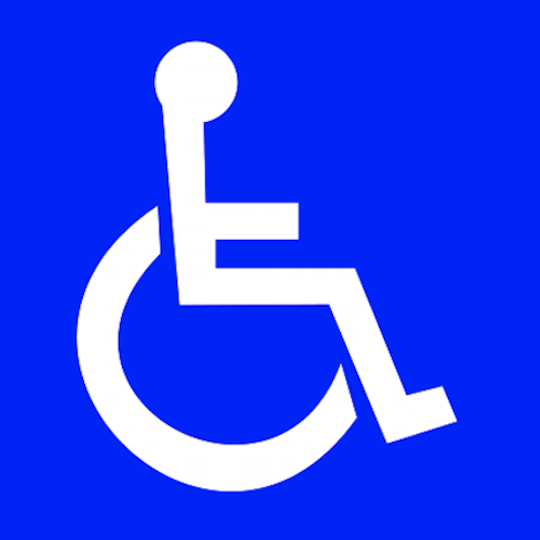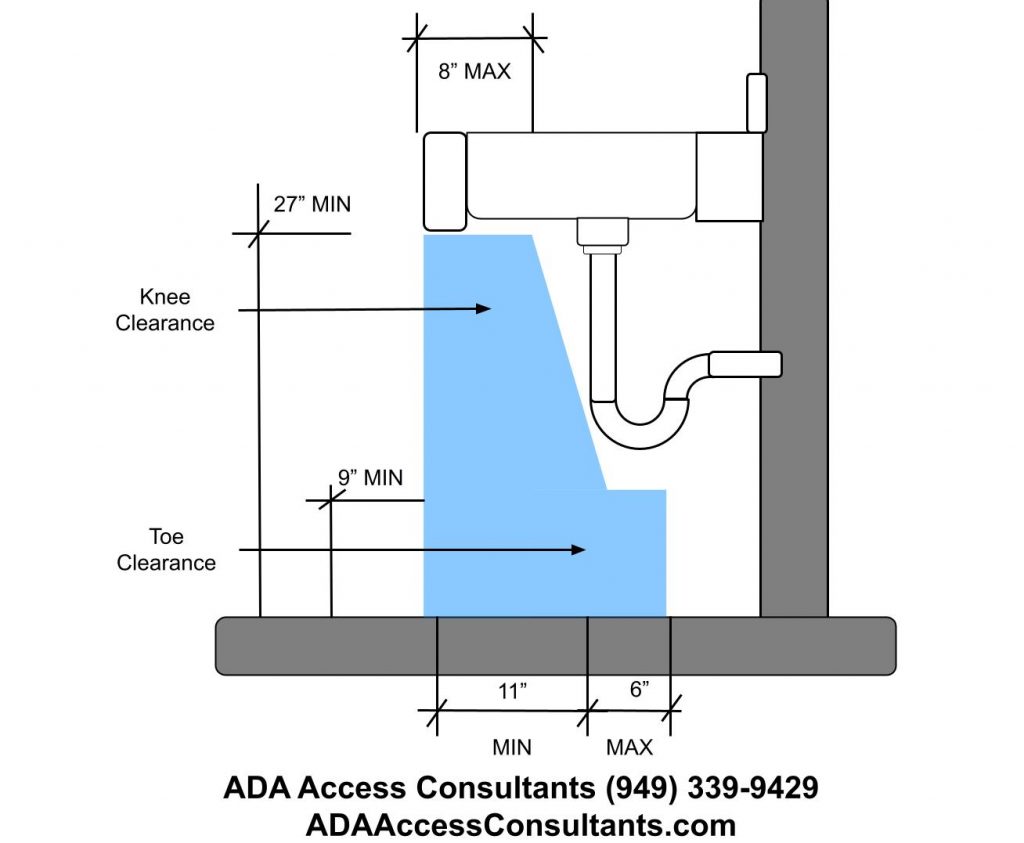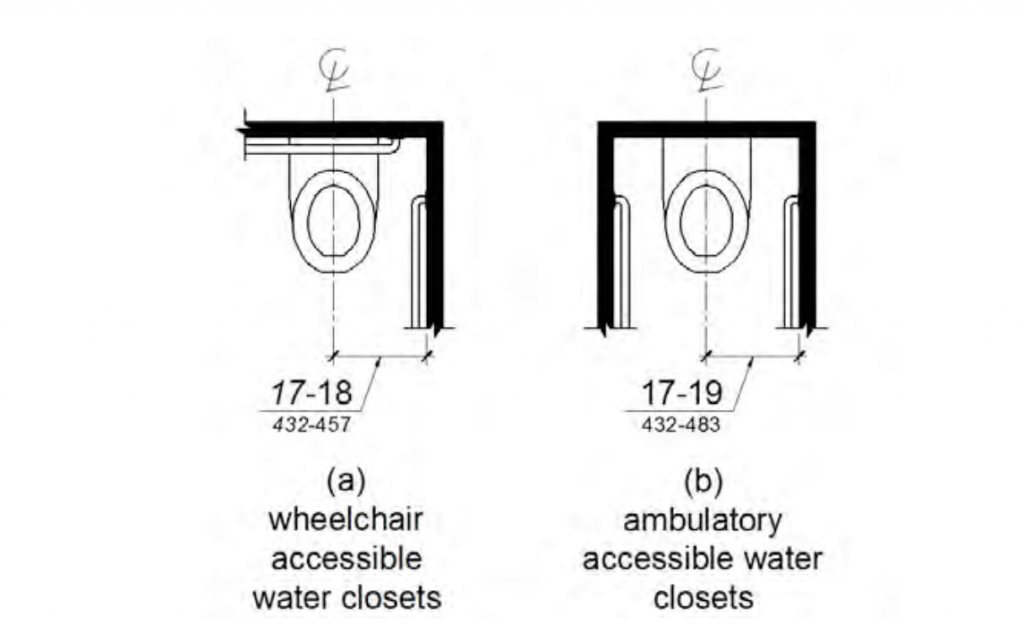ADA Laws & Regulations (CASp)
Americans With Disabilities Act (ADA)
The ADA (Americans with Disabilities Act) is a landmark civil rights law in the United States, enacted in 1990, that prohibits discrimination against individuals with disabilities in various aspects of public life. As a result , ADA ensures equal opportunities in employment, public accommodations, transportation, and telecommunications for people with disabilities. It has played a crucial role in promoting inclusivity and accessibility for all.
Title I: Employment
Title II: State and Local Government
Title III: Public Accommodations and Commercial Facilities
Title IV: Communications
Title V: Miscellaneous Provisions
ADA law: California Senate Bill 1608
California Senate Bill 1608, signed into law in 2008, is known as the California Americans with Disabilities Act (ADA) Reform Act. The bill aimed to improve compliance with the ADA by providing businesses with an opportunity to correct certain violations before facing litigation.
Furthermore, it established a procedure for businesses to conduct inspections, identify violations, and develop plans for correcting those violations within a specified timeframe, including legal benefits for a “Qualified Defendant” such as a 90-day stay and an Early Evaluation Conference.
In addition, the bill also defines the requirements to receive these legal benefits, which include hiring a Certified Access Specialist (CASp), undergoing a CASp inspection, receiving a CASp report, creating a schedule for removing barriers identified in the report, and obtaining a Disability Access Inspection Certificate in compliance with the California Disabled Persons Act (CRASCA). All things considered, this is a goal to encourage proactive measures, enhance accessibility, and reduce the number of ADA-related lawsuits.


ADA law: California Senate Bill 1186
California Senate Bill 1186, enacted in 2012, was another effort aimed at addressing issues related to disability access in public . The primary focus of SB 1186 was on curbing predatory lawsuits related to violations of the Americans with Disabilities Act (ADA) and California’s Unruh Civil Rights Act.
Key provisions of SB 1186 include:
-
Reduced Statutory Damages: The bill aimed to reduce statutory damages in circumstances for businesses that corrected identified violations within a specific timeframe.
-
Early Resolution and Mediation: SB 1186 encouraged early evaluation and resolution of claims by providing incentives for businesses to correct access violations swiftly. It also promoted alternative dispute resolution methods, like mediation.
-
Increased Notification Requirements: The legislation introduced additional requirements for demand letters and complaints related to ADA violations, with the goal of promoting clearer communication and timelines between parties.
-
Statewide Disability Access Commission: SB 1186 established the California Commission on Disability Access to promote compliance with ADA and related state laws. The commission aimed to provide educational resources and create access to Certified Access Specialists (CASps).
Overall, the intent behind SB 1186 was to protect the rights of individuals with disabilities and preventing abusive litigation practices that targeted businesses for financial gain. Luckily, the bill sought to encourage a more constructive approach to resolving accessibility issues and promote efforts by businesses to comply with access requirements.
CASP INSPECTION OR ADA Consultation:
ADA law Commercial Lease Disclosures: AB 2093
Law mandates disclosure by commercial property owners of prior CASp inspections. If a CASp inspection has been conducted, the tenant must receive a copy of the report at least 48 hours before finalizing the lease. Failure to comply grants the tenant the right to void the lease within 72 hours of execution based on the report’s contents.
If the facility hasn’t undergone a CASp inspection, the lease must state that, upon request, the property owner cannot prevent a CASp inspection. The parties must mutually agree on inspection details, associated fees, and repair costs if necessary.



